Longhorn Wellness Center Creates Texas Well-being Faculty Ambassadors Program at UT Austin
Published: May 12, 2025
This spring, the Longhorn Wellness Center launched the pilot of the Texas Well-being Faculty Ambassadors Program. The initiative establishes faculty well-being champions within several academic schools and colleges, expanding the reach of Texas Well-being: Promoting Well-being in UT Learning Environments. The program empowers faculty to become leaders in promoting a culture of well-being in classrooms and other academic settings.
A Vision for Integrative Well-being
Texas Well-being is led by Dr. Thea Woodruff, the program’s coordinator and a lecturer in the College of Education. She has also served as a researcher, professional development creator and technical assistance provider at the Meadows Center for Preventing Educational Risk.
During her time leading the Texas Well-being program, Woodruff realized her reach was limited as a single person. This led to the development of an adaptable, sustainable framework designed to engage faculty in well-being initiatives across campus.
“We wanted to create a system where faculty not only benefited from well-being efforts but also played an important role in fostering a broader culture of well-being,” Woodruff said.
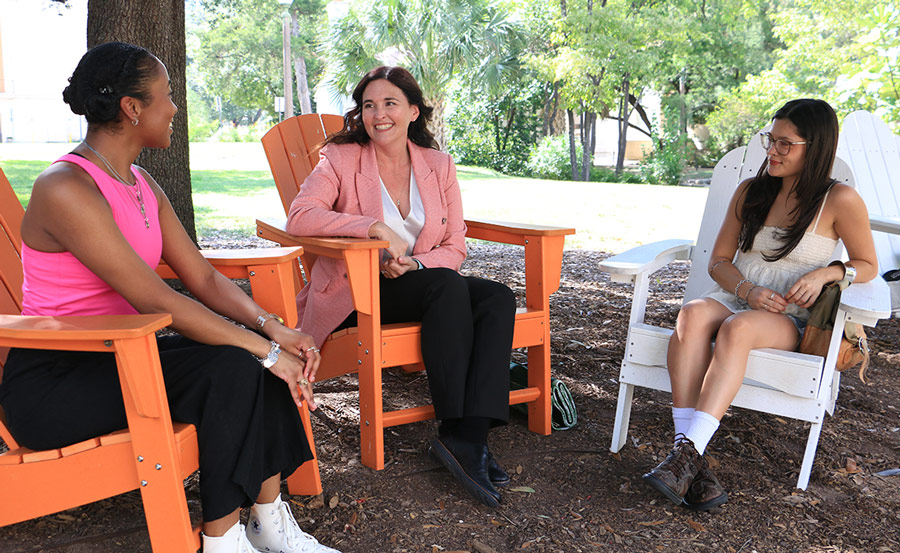
The program is inspired by other successful faculty-led initiatives such as the UT’s Center for Teaching and Learning’s Provost’s Teaching Fellows, which supports educational innovation to improve student learning at UT Austin.
Equipping Faculty to Lead
Ambassadors were selected for their commitment to supporting the mental, physical and emotional well-being of the UT Austin community. The inaugural cohort, launched this spring, includes seven faculty members from a variety of disciplines:
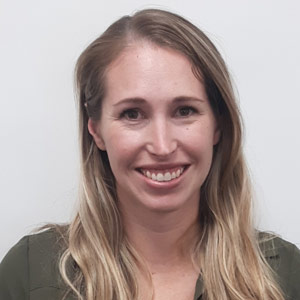
Katie Ayers, MS, RN
Clinical Instructor, School of Nursing
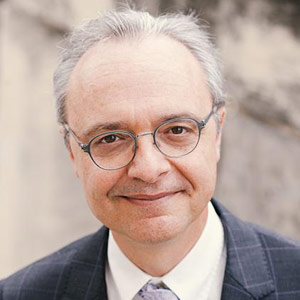
Andrew Dell'Antonio, PhD
Professor of Musicology, Division head of Musicology and Ethnomusicology, Butler School of Music, College of Fine Arts
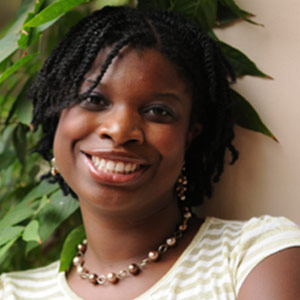
Raissa Douglas Ferron, PhD
Professor of Infrastructure Materials Engineering, Cockrell School of Engineering
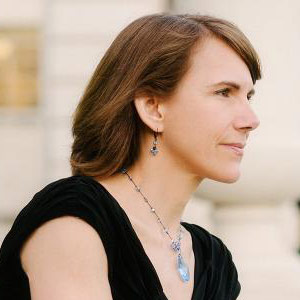
Kristin Jensen
Professor of Bassoon, Division Head of Chamber & Collaborative, Butler School of Music, College of Fine Arts
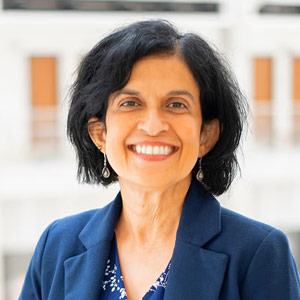
Nina Telang, PhD
Professor of Instruction in Electrical and Computer Engineering, Cockrell School of Engineering
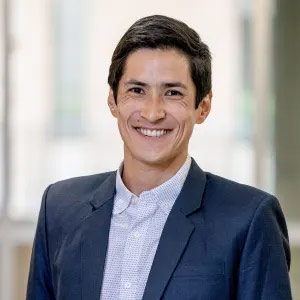
Greg Wallingford, MD, MBA
Assistant Dean for Professional Fulfillment and Well-being, Dell Medical School
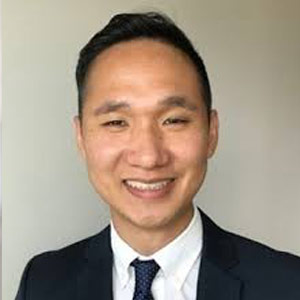
Andre Yu, MD
Assistant Professor of Internal Medicine, Dell Medical School
Each ambassador received a stipend to support departmental initiatives, using their expertise to promote well-being in practical ways.
In the Cockrell School of Engineering, ambassadors are integrating “rigor with compassion” into teaching, helping students balance mental health with academic success. In the College of Fine Arts, faculty are leading wellness workshops, including a “Healthy Musician” course focused on stress management and burnout prevention for performing artists.
“I’ve been applying Universal Design for Learning principles—an educational framework that makes learning accessible and effective for all students—along with student-centered practices like alternative grading. My approach is rooted in trust and prioritizing support over gatekeeping,” Dell’Antonio said.
Supporting Well-Being in Clinical Settings
Well-being has been a key priority at Dell Medical School. In 2021, the school introduced rapid supportive debriefing to help care teams support each other in real-time after stressful events in high-pressure clinical environments. This initiative has drawn national recognition and was featured at national conferences and highlighted in an American Medical Association podcast.
Building on these efforts, in spring 2024, Dell Medical School appointed Wallingford as Assistant Dean for Professional Fulfillment and Well-Being. This new role focuses on reducing burnout and promoting professional fulfillment—key drivers of high-quality patient care and organizational success. In his own words, Wallingford stated, “By supporting one another more effectively, we enhance our ability to serve our patients.”
Collaboration and Mentorship
To support the ambassadors outside of their departments, they meet regularly with Woodruff and other campus wellness leaders to collaborate and share feedback.
“You can do your best only if you feel your best. As educators, it’s our responsibility to create environments where students can thrive—not just through assignments and exams but through how we support their overall well-being,” Telang said.
Long-term Impact and Data Collection
The program also collects data to evaluate the effectiveness of the efforts. “We want to show that these changes meaningfully affect the community,” Woodruff said.
The program has influenced not only classroom practices but also faculty well-being. Dell'Antonio shared how faculty have embraced self-care, saying, “The mindfulness tools from the Longhorn Wellness Center have helped me maintain habits I developed through yoga, tai chi and meditation.
Self-care isn’t just for students—our hyper-competitive environment often discourages self-compassion. That’s why community care is such an important addition. I’m thrilled to join this group of ambassadors who understand that vital connection.”
The Future of the Faculty Ambassadors Program
As the pilot cohort continues their work, Woodruff is laying the groundwork to expand the program. Plans include recruiting more ambassadors and designing new initiatives tailored to the needs of different academic disciplines. Woodruff hopes the program will eventually receive permanent funding and serve as a model for other universities.
“The impact of this program will not just be seen in the individuals who participate but in the culture of well-being it cultivates across the entire university,” Woodruff said.
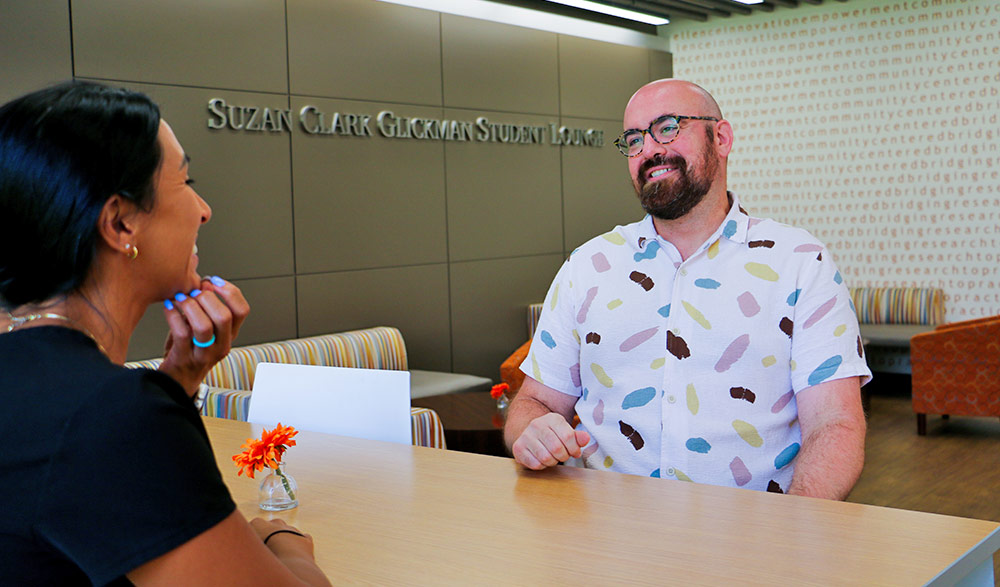
“I think it’s a fantastic addition. When more professors start using these kinds of strategies, it can make a real difference in academic success across the board,” said Diya Nair, an undergraduate student in electrical and computer engineering.
As we look ahead, the Texas Well-being Faculty Ambassadors Program stands as a testament to the university’s commitment to fostering an academic culture grounded in well-being and support for students and faculty alike.


